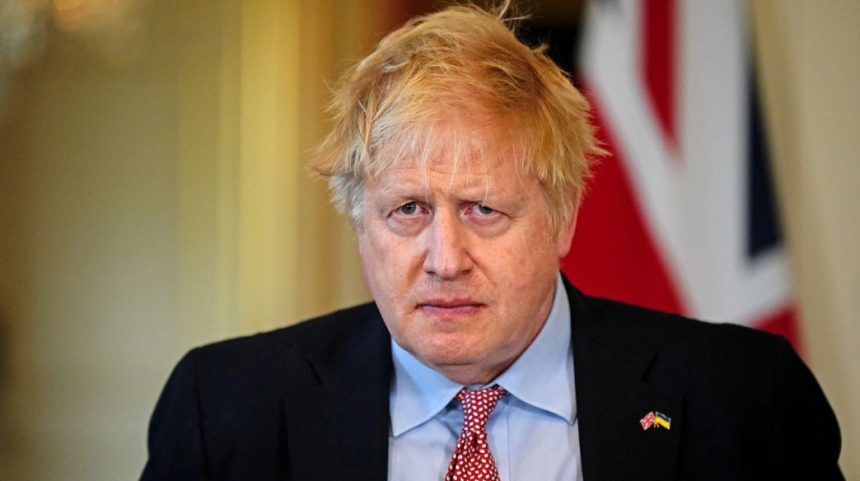Boris Johnson has admitted that the government’s Covid restrictions may have gone “too far” when it came to children, acknowledging that young people bore a disproportionate burden during the pandemic to protect wider society.
Speaking at the official Covid Inquiry on Tuesday, the former prime minister said lockdown policies including school closures and complex distancing rules were likely excessive for children, who were at lower risk from the virus.
He conceded that the measures imposed a “huge, huge price” on the nation’s youth.
Mr Johnson also expressed regret over the exam grading fiasco, which he said had “let down a lot of kids”, and revealed he had considered sacking senior education officials over the botched system.
Lockdowns Went ‘Too Far’ for Children, Johnson Says
Looking back on the series of Covid restrictions, Mr Johnson reflected on the toll they took on young people. He said the social distancing rules and lockdown measures, including the “rule of six”, were too intricate and had adverse consequences for children.
“I think we probably did go too far and it was far too elaborate. Maybe we could have found a way of exempting children,” he said.
Mr Johnson admitted that while the intentions were to safeguard public health, children especially those not medically vulnerable were made to suffer unnecessarily.
“It felt to me as though children who are not particularly vulnerable to Covid were paying a huge, huge price to protect the rest of society,” he said. “It was an awful, awful thing.”
A ‘Nightmare Idea’ That Became Reality
The former PM revealed his strong opposition to school closures at the time, calling the idea a “nightmare” and expressing concern for children from disadvantaged backgrounds.
“I had a personal horror of closing schools. I thought it would do a lot of damage to people who would find it the most difficult to bounce back and cope.”
A March 2020 document from the Department for Education (DfE), shown at the inquiry, warned that shutting schools would severely impact nearly 9 million pupils including 1.3 million who would lose access to free school meals.
It also flagged serious risks to children’s safety, including increased exposure to domestic abuse and youth crime.
The Covid rules meant to protect society may have cost children far more than we understood at the time disrupting education, increasing inequality, and casting long shadows over their mental health and development.
Grading Fiasco: ‘Let Down a Lot of Kids’
One of the most damaging legacies of the pandemic, according to Johnson, was the controversial system used to award GCSE and A-level grades when exams were cancelled.
The algorithm-driven method, which disproportionately impacted state school pupils, was heavily criticised.
“Plainly, it let down a lot of kids whose grades did not reflect their abilities and their achievements.”
He admitted the system was one of his greatest regrets during the crisis and revealed he was furious at how it was handled even telling Dominic Cummings in a WhatsApp message he was in a “homicidal mood”.
“We need a plan for the dept of education… quite frankly we need an agenda of reform. We can’t go on like this.”
Did the Government Plan for School Closures?
In contrast to evidence given by former education secretary Sir Gavin Williamson, Mr Johnson insisted that contingency plans for school closures were discussed well before the first lockdown in March 2020.
He said the DfE had provided a briefing on 15 March outlining necessary steps for closing schools, including safeguarding, exams, and teacher deployment.
“If you look at the sequence from February onwards, it’s clear that Sage is talking about the possibility, the cabinet is discussing it in March,” he told the inquiry.
He also praised Sir Gavin’s department, calling their efforts during the crisis “heroic”, despite the enormous challenges.
Mr Johnson acknowledged that the scale of the pandemic’s impact especially on education wasn’t fully understood at the outset.
“Don’t forget, we didn’t know the effect this disease had on kids. We didn’t know much about the transmissibility of the disease. There were all sorts of things that were simply unknown and difficult to plan for.”
While the former prime minister defended many decisions made in real-time under immense pressure, his reflections show an evolving understanding of the long-term costs of those policies particularly on a generation of children still recovering from the disruption.






